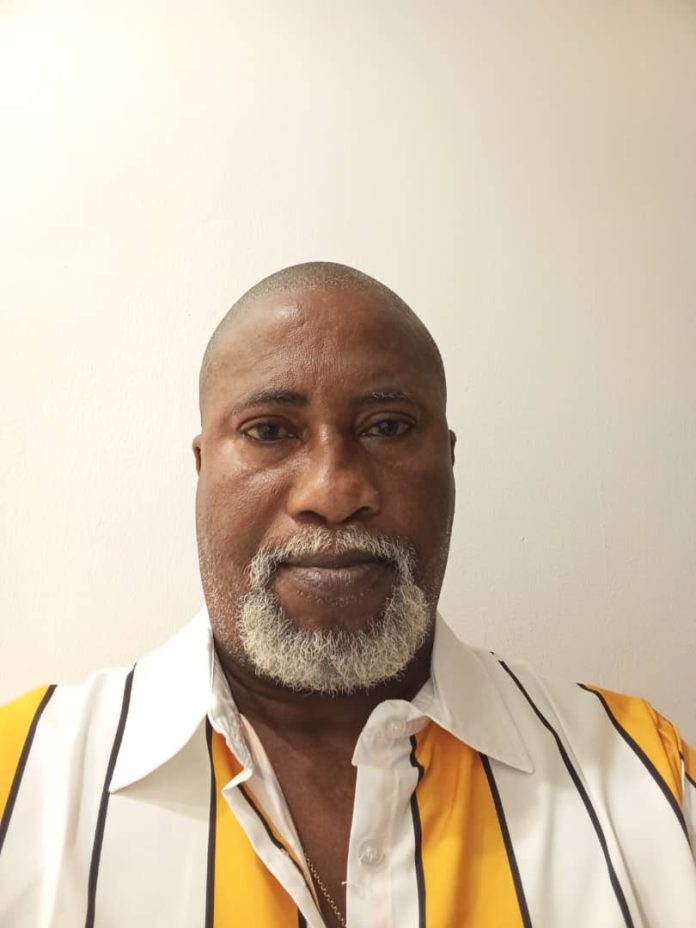By Otunba Shola Senbanjo
Nigeria, a multi-ethnic and culturally diverse federation of 36 autonomous states and the Federal Capital Territory, finds itself at a critical crossroads. The political landscape remains largely dominated by the ruling All Progressives Congress (APC), which controls the executive arm of government, holds a majority in both the Senate and House of Representatives, and governs most states.
Yet despite this political dominance, the country continues to grapple with deep-seated social and economic challenges. Insecurity remains rampant — from banditry and kidnappings in the North-West, to ongoing insurgency in the North-East, and separatist agitations in the South-East. President Bola Ahmed Tinubu has consistently pledged to revive the economy and strengthen national security, while civil society, the media, and advocacy groups continue to push for reforms that will deliver meaningful change for citizens.
Between 2015 and 2022, Nigeria’s economic trajectory deteriorated significantly. Growth rates slowed, GDP per capita stagnated, and confidence in monetary and exchange rate policies declined. Misguided policies, mounting fiscal deficits, and an overvalued official exchange rate—coupled with expensive subsidies on fuel and electricity—worsened the economic outlook. External shocks such as the COVID-19 pandemic, the Russia-Ukraine conflict, and global food and fertilizer price spikes further compounded the crisis. Domestically, the poorly implemented demonetization policy in early 2023 and the devastating floods of October 2022 and September 2024 inflicted even more pain.
Since the May 2023 change in administration, bold reforms have been introduced to restore macroeconomic stability. The fuel subsidy has been largely removed, and exchange rates have been unified and allowed to reflect market realities. These changes have narrowed the parallel market premium and generated notable fiscal savings. However, the cost of these reforms is still being borne almost entirely by ordinary Nigerians.
As former President Olusegun Obasanjo aptly remarked, “Nigeria is not only failing — the country is dying on a daily basis.”
Consider the example of Burkina Faso, where under the leadership of Captain Ibrahim Traoré, the country has stabilized its economy and constructed 100 schools and 100 hospitals — all free and accessible to citizens. Meanwhile, in Nigeria, looting of national assets and wasteful elite politics continue to suffocate progress.
Elections in Nigeria have consistently failed to meet global standards for credibility. Vote buying, intimidation, rigging, and technical irregularities persist. The political environment suffers from a lack of true competition, institutional checks and balances, and transparency.
Enough is enough. Nigeria cannot continue on this path of systemic collapse and democratic deception. The time to rise, organize, and demand real dividends of democracy is now.
Otunba Shola Senbanjo

Share your story or advertise with us: Whatsapp: +2347068606071 Email: info@newspotng.com

















